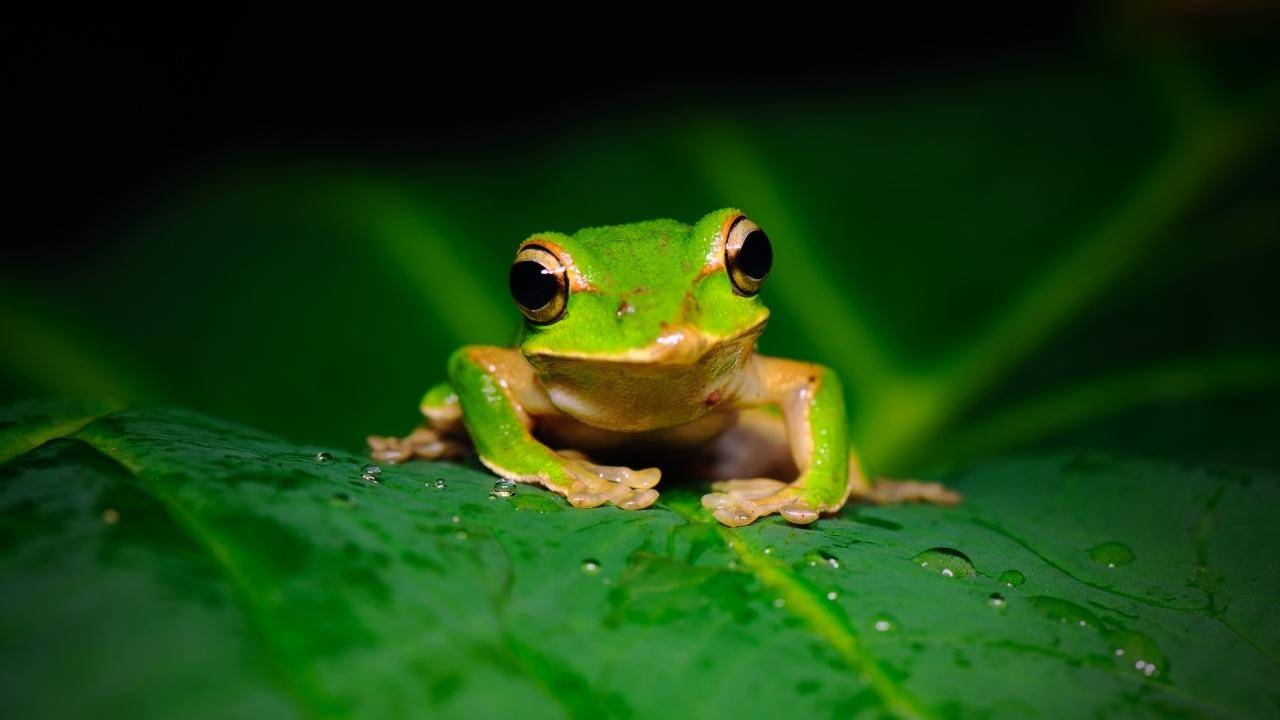Six new tiny frog species were recently discovered in Mexico. The frogs are smaller than the size of a dime. This is the first time they were identified because it’s very difficult to tell them apart.
According to TreeHugger, the frogs are part of a group called Craugastor. The researchers believe they weren’t identified before because they are so tiny and all brown, so they look very similar to other frogs.
“The six new species were sitting in collections labeled as unknown Craugastor of thought to be maybe Craugastor pygmaeus or Craugastor hobartsmithii (the other two very small Craugastor from Mexico),” Jameson tells Treehugger. They had been classified as this because previous scientists could tell they were in this group, but since they all look very similar, they couldn’t tell exactly where they fit.”
The scientists did a thorough genetic analysis where they looked at about 500 frog specimens from museums around the world. Then they used novel methods to categorize their relationships.
One of the methods scientists used to identify the frogs was DNA sequencing. The frogs were sorted based on how similar their genes were. Then the scientists created 3-D models of their skeletons, so they could compare the frog attributes until they concluded there were six new species.
More inspiring green news similar to this:


